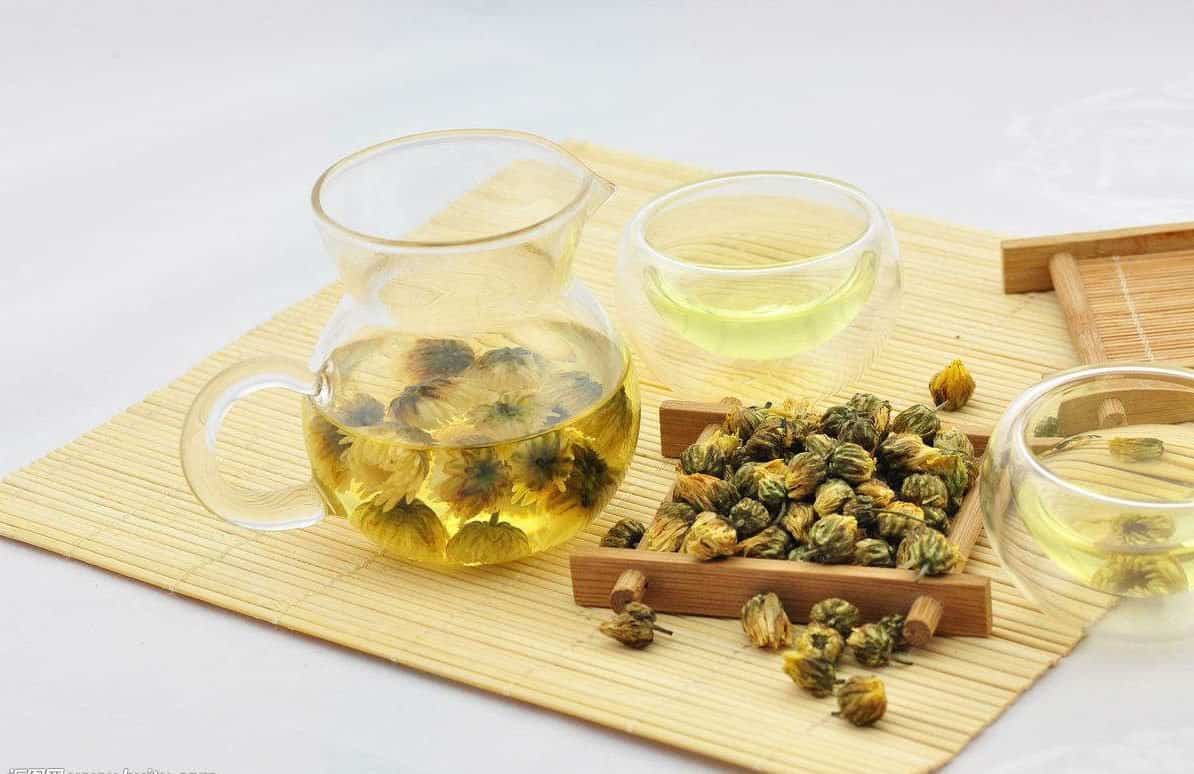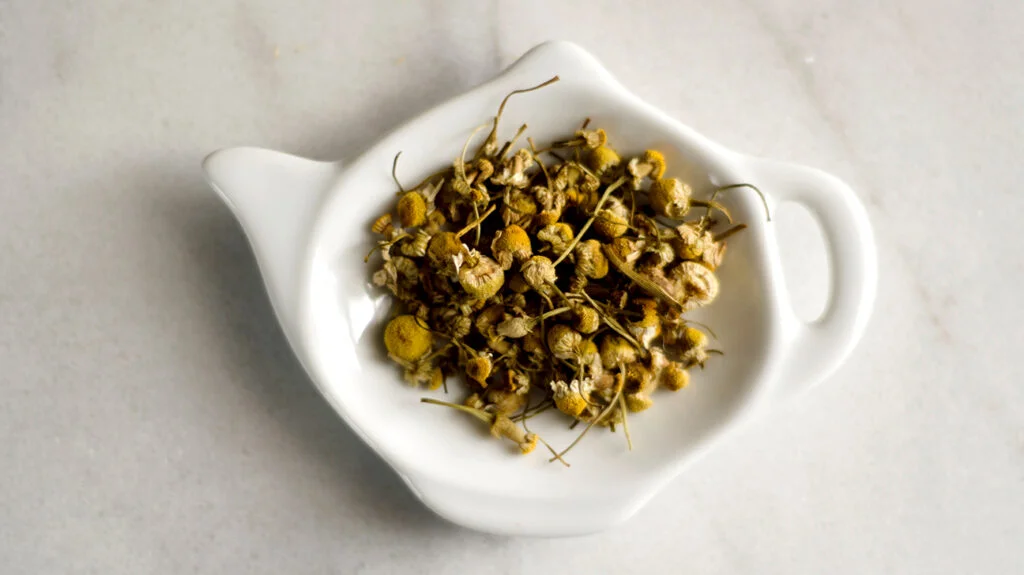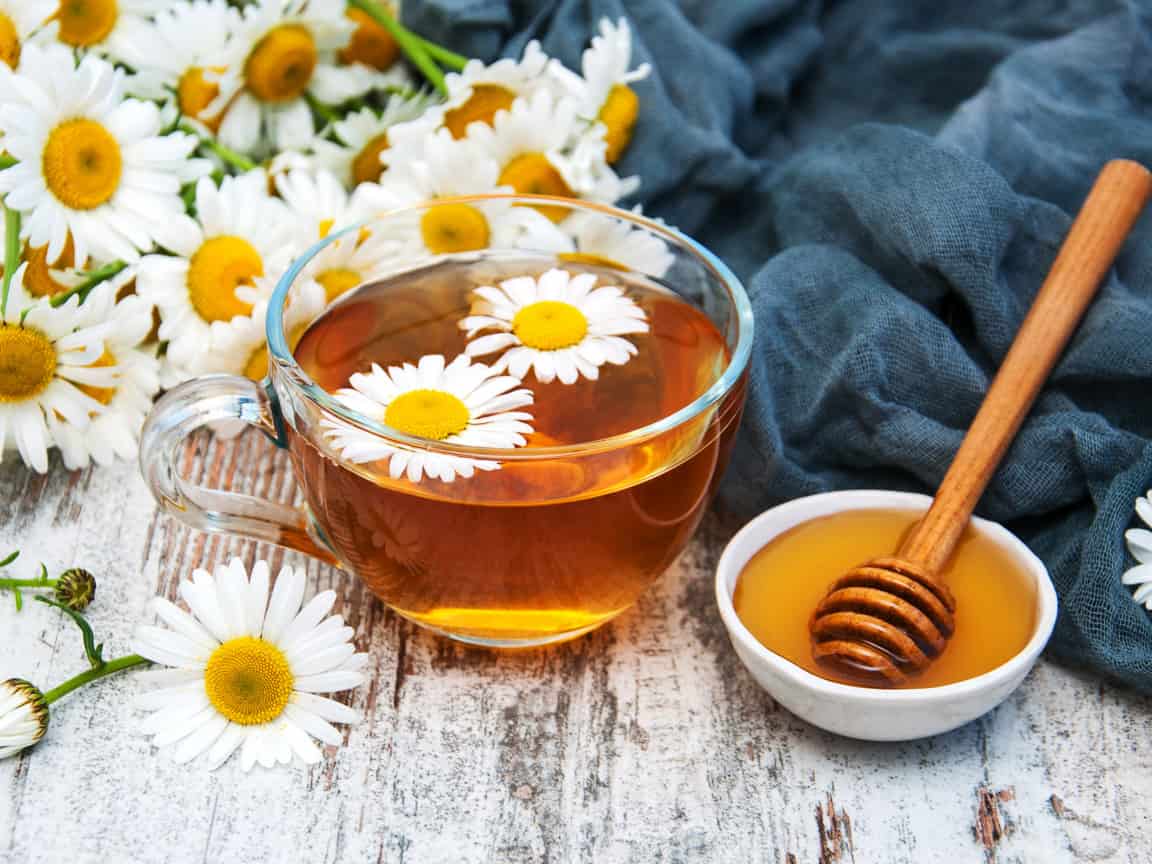Welcome, tea enthusiasts! Today, we delve into the captivating world of daisy tea, a floral infusion that brings a burst of sunshine to your teacup. Daisy tea, made from the petals of daisies, is not only visually appealing but also offers a range of potential health benefits. In this article, we will explore the process of making daisy tea with honey, discover its flavors and aromas, discuss its potential health benefits, and provide some fun facts along the way. So, let’s embark on this aromatic journey together!
Daisy Tea 101
Daisy tea is a delightful herbal tea that is made from the petals of daisies. It is known for its delicate floral aroma, vibrant color, and refreshing taste. Here are some key points about daisy tea:
🌸 Daisy Varieties: The most commonly used daisies for tea include English daisies (Bellis perennis), chamomile daisies (Matricaria chamomilla), and African daisies (Arctotis stoechadifolia).
🌸 Flavor Profile: Daisy tea offers a subtle, slightly sweet flavor with hints of earthiness. It is often described as light and refreshing.
🌸 Aroma: The fragrance of daisy tea is reminiscent of fresh flowers, evoking a sense of tranquility and relaxation.
How to Make Daisy Tea with Honey?
Making daisy tea with honey is a simple process that can be enjoyed as a hot or cold beverage. Here’s a step-by-step guide to brewing this delightful infusion:
Ingredients:
- Dried daisy petals or fresh daisy flowers (organic and pesticide-free)
- Filtered water
- Honey (preferably raw and organic)
Instructions:
- Prepare the petals: If using fresh daisy flowers, pluck the petals and allow them to air dry until they become brittle. Alternatively, you can use dried daisy petals.
- Boil water: Bring a pot of filtered water to a boil. For every cup of water, use approximately 1 tablespoon of dried petals or 2 tablespoons of fresh petals.
- Steeping process: Once the water has reached a rolling boil, remove it from heat and add the daisy petals. Cover the pot and let the petals steep for about 5-7 minutes.
- Sweeten with honey: After steeping, strain the tea into your teacup or teapot. Add honey to taste, stirring gently until it dissolves. Honey complements the floral notes of daisy tea and adds a touch of natural sweetness.
- Enjoy your daisy tea: Sip slowly and savor the delicate flavors and aromas of the daisy petals. You can also garnish with a fresh daisy flower to enhance the visual appeal.
Health Benefits of Daisy Tea:
Apart from its delightful taste, daisy tea offers a range of potential health benefits. Here are some of its notable attributes:
🌼 Soothing and Calming: Daisy tea is known for its calming properties, helping to ease stress, promote relaxation, and alleviate anxiety.
🌼 Digestive Aid: This floral infusion can aid in digestion by soothing the stomach and reducing bloating and indigestion.
🌼 Immune Booster: Daisy tea contains antioxidants that support a healthy immune system, protecting the body against free radicals and potential illnesses.
🌼 Skin Health: The natural compounds found in daisy petals may promote healthy skin by reducing inflammation and supporting overall skin vitality.
Daisy Tea vs. Chamomile Tea – A Comparison
| Aspect | Daisy Tea | Chamomile Tea |
|---|---|---|
| Flavor Profile | Subtle, slightly sweet | Mild, apple-like |
| Aroma | Delicate floral | Fruity, herbaceous |
| Health Benefits | Calming, digestion aid | Relaxation, sleep aid |
| Flower Varieties | English, chamomile, African | German, Roman, Moroccan |
| Caffeine Content | Caffeine-free | Caffeine-free |
FAQs:
- Can I use fresh daisies from my garden to make daisy tea? Yes, you can use fresh daisies, but make sure they are organic and pesticide-free. Allow the petals to dry before brewing.
- How long can I store dried daisy petals for making tea? Dried daisy petals can be stored in an airtight container in a cool, dark place for up to one year, while maintaining their flavor and aroma.
Conclusion:
Daisy tea is a delightful floral infusion that brings a touch of elegance to your tea-drinking experience. With its delicate flavors, calming properties, and potential health benefits, this tea is a wonderful addition to your collection. So, brew yourself a cup of daisy tea, sweetened with honey, and immerse yourself in the soothing essence of nature’s beauty.
Fun Fact:
Daisy petals are not only used for tea, but they have also been historically used in herbal medicine for their healing properties and in culinary applications as edible decorations for cakes and salads.
Happy sipping, tea enthusiasts, and may your tea journeys always be filled with delightful discoveries!
Originally posted 2023-06-01 14:59:16.


